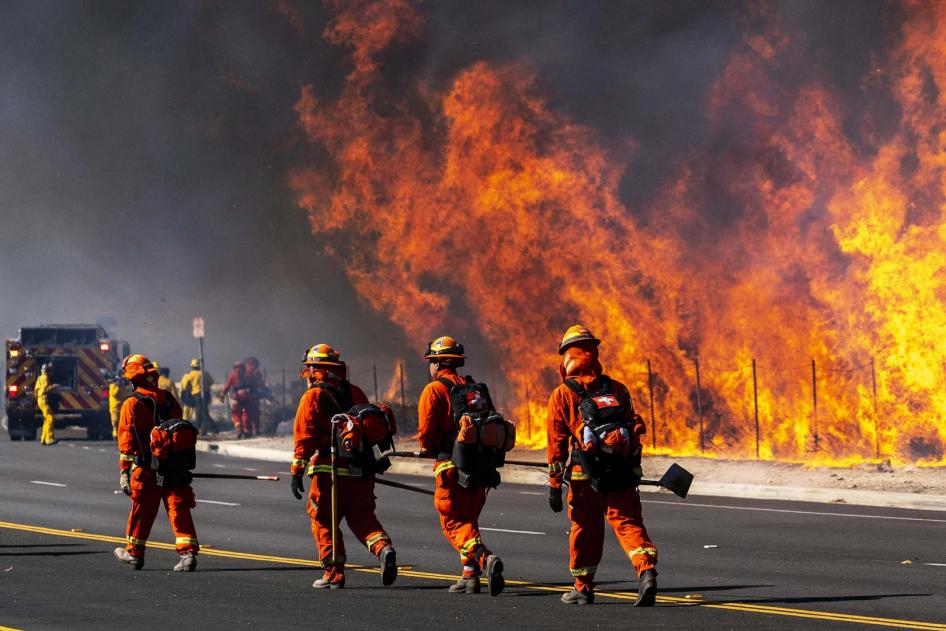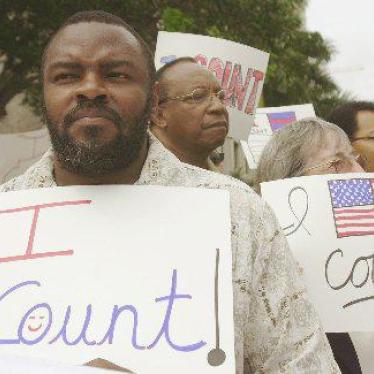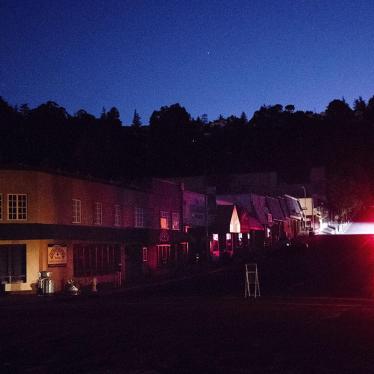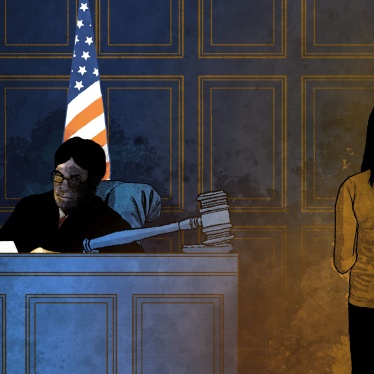Massive fires have raged throughout California, destroying homes and other property and threatening lives. The Getty Fire, its smoke visible from my office window, has caused houses to burn, schools to close, and people to evacuate their homes. Firefighters from Los Angeles County and across the state have descended on the area to put out the blaze, as they have for the dozens of fires plaguing California in recent years. In every discussion of these firefighters, people accurately describe them as “heroes.”
Among those firefighters are thousands who have been convicted of crimes and sentenced to prison, and are serving their time in fire camps throughout the state.
Several years ago, while working as a criminal defense attorney, I represented a young man who had robbed a restaurant near his home. He had been released from prison for a previous crime only a few months before this robbery. I learned that, while in prison for his prior crime, he had worked at a fire camp, clearing brush and fighting fires throughout the state. His fire camp supervisors said that he had been a fantastic firefighter. He had worked hard and courageously, battling deadly blazes, learning his trade, supporting his co-workers, and serving his community. He had been, in every sense of the word, a hero.
A very low-paid hero. Prisoners assigned to fire camps make just a few dollars a day. The work is backbreaking and dangerous. But this man gladly did it. It got him out of the boredom and miserable living conditions of prison. It taught him skills. More important, it gave him a purpose, a feeling of self-worth, and allowed him to give back something of value to society. And, he thought, it gave him experience that he could use to pursue a meaningful career once he got out of prison.
He was wrong. Upon his release, he sent applications to every fire department in California, not caring where he lived so long as he could pursue his passion and chosen career. None would hire him. State laws disqualify nearly everyone with criminal convictions from becoming professional firefighters, even those with training, skills and aptitude. Employers in many other fields also will not hire people with criminal convictions and prison records.
Because the pay for prisoners is so low, he had almost no money upon his release. Instead of obtaining the meaningful employment he sought, he found an unsatisfying minimum wage job, with no potential for advancement, that lasted only a month or two. Once unemployed again, he was broke, frustrated with his inability to do the job he loved, and overcome by feelings of worthlessness. He committed the robbery.
California’s recidivism rates for people with felony convictions have decreased slightly in recent years, but remain persistently high, suggesting that we need to think about alternatives to incarceration in trying to address public safety, especially when incarceration limits future opportunities for gainful employment. Focusing on punishment, jails and prisons gives up on the lives of so many people, like this man, who have something of value to offer their communities.
While we do not know what might have happened had he been given an opportunity to be a hero protecting homes and lives, we know that instead he harmed another person and now sits in a cell, with taxpayers paying for his imprisonment and the opportunity costs of the value he could have brought us all. It is not that he, and the thousands of other prisoners who learn to fight fires, should be guaranteed a job. He should have to compete with others and prove his qualifications. However, criminal actions in his past should not foreclose his future, especially when that may lead to further societal harm. California Assemblywoman Eloise Gómez Reyes, D-San Bernardino, has proposed legislation to allow qualified people with criminal convictions to become firefighters.
While we may not excuse his crimes, we should understand that like all humans this man is not simply those bad actions, that he has the capacity to become something better. This man did make himself into something better, but he found only rejection when he left prison. A system that devalues lives, refuses second chances, and vindictively punishes while not encouraging positive development and healing will not create a safe society.
We should change laws that prevent people convicted of past crimes from gaining employment, going to school, obtaining housing, voting and participating in public life in their future. We should recognize that even people who have done wrong still have the capacity to be heroes.










